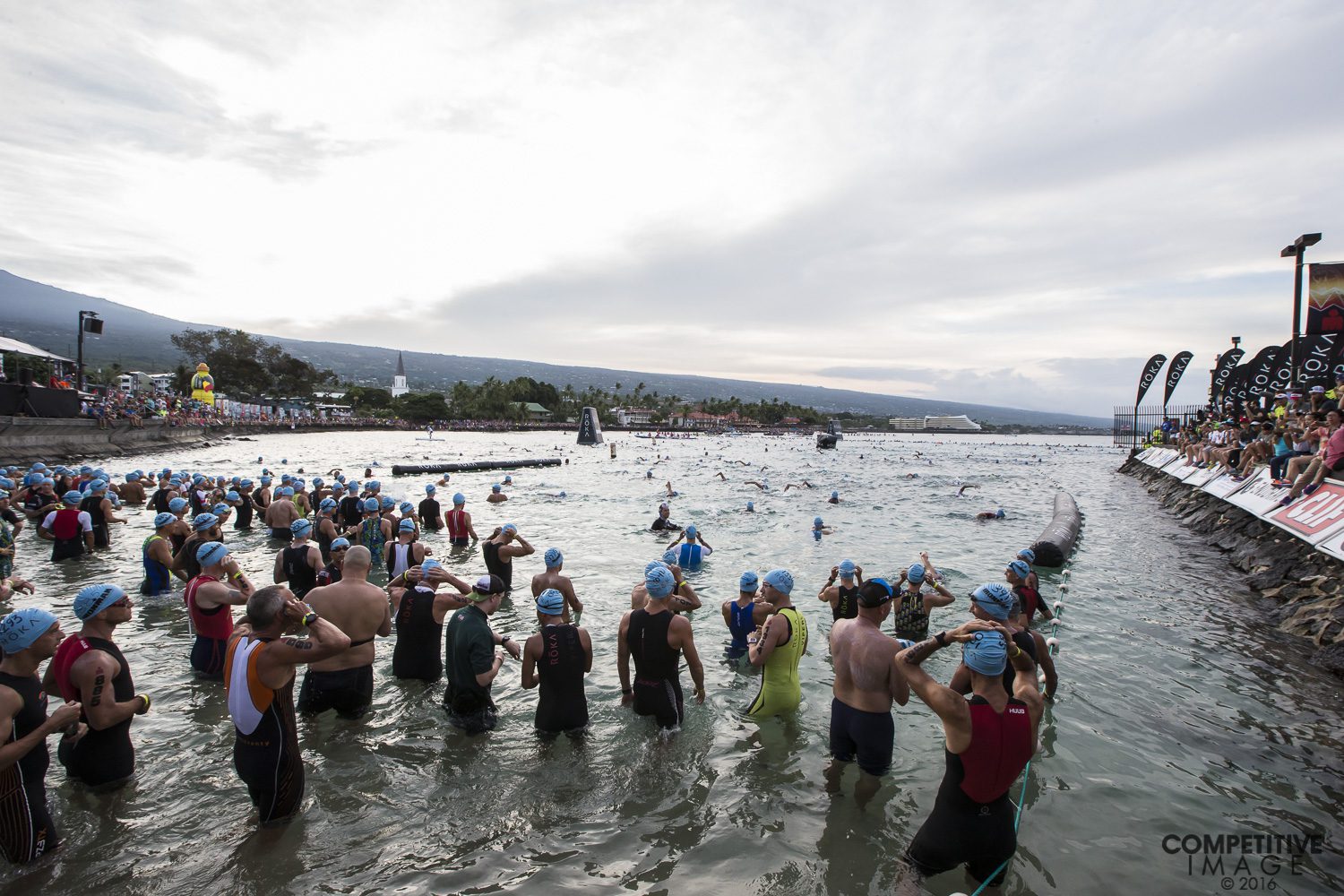Ironman announces three age-group positives from Kona 2018

Three age-group athletes have been suspended for four years after testing positive for anabolic steroids, EPO and CERA through out of competition tests at last year’s Ironman World Championship.
“In each case the athlete has accepted a four-year sanction for the anti-doping rule violation,” a release from Ironman states. “Each athlete has also been disqualified from all competitive results obtained on, or subsequent, to the date of the test, including results from the 2018 Ironman World Championship triathlon. The athletes had been previously provisionally suspended and will remain ineligible to participate in any Ironman or Ironman 70.3 competition, or any other event organized by WADA Code Signatory’s, for the four-year period of ineligibility.”
The athletes involved included:
- Pablo Escalas (Argentina) – multiple Anabolic Androgenic Steroids. He did not finish last year’s race. In 2016 he finished second in the men’s 50-54 age group in 9:24:41.
- Flavia Rocha (Brazil) – multiple Anabolic Androgenic Steroids. She is a four-time Kona competitor, competing on the Big Island in 2009 (10:55:36, 12th in 35-39), 2014 (11:44:36, 41st in 40-44), 2016 (11:15:00, 44th in 40-44) and last year (11:43:07, 46th in 45-49).
- Eduardo Solis (Costa Rica) – multiple prohibited substances: Erythropoiesis Stimulating Agents(ESAs), including recombinant EPO’s and analogues; a finding for Continuous Erythropoietin Receptor Activator (CERA); multiple Anabolic Androgenic Steroids. He competed in Kona three times, 2013 (10:13:36, 144th in 40-44), 2016 (10:57:09, 181st in 40-44) and last year (11:39:53).
Read the full release here: Ironman Anti-Doping Release 2019-09-24
Ironman appears to be doing considerably more out of competition and directed testing of age group athletes, including many pre-race tests done on the Big Island, as is hinted at in a statement from Kate Mittelstadt, Director of the Ironman Anti-Doping Program included in the release.
“These results and sanctions illustrate the importance of Ironman’s commitment to protecting the integrity of our Ironman World Championship events at both the Professional and Age-Group levels,” said Mittelstadt.“First, we ensure that all qualified athletes are aware of their rights and responsibilities under the anti-doping rules and our testing program. Second, we run a comprehensive in-and out-of-competition testing program, targeting athletes using intelligence and information to inform our testing strategies. Combining urine and blood collection with the Athlete Biological Passport and advanced analytical screens, including EPO and IRMS, ensures that the testing we do supports both the deterrence and detection of qualified athletes who are in violation of the anti-doping rules.”
In August it was announced that Juan Antonio Gomez Gonzalez was given a four-year sanction for a positive test during competition at Ironman 70.3 Marbella for Clenbuterol.
It is interesting to note that all of the positive tests announced by Ironman over the last two years are age group athletes. In September, just before the Ironman 70.3 World Championship, we learned that American pro Lauren Goss had received a six-month suspension thanks to a positive test for CBD, but that test was done by the United States Anti-Doping Agency (USADA).
According to a release from USADA, Goss “tested positive for 11-nor-9-carboxy-tetrahydrocannabinol (Carboxy-THC), a urinary metabolite of Δ9-tetrahydrocannabinol (THC), the main psychoactive constituent of cannabis, marijuana and/or hashish, above the urinary Decision Limit of 180 ng/mL, as the result of a urine sample collected in-competition at the Escape from Alcatraz event on June 9, 2019. Cannabis, marijuana and hashish are Specified Substances in the class of Cannabinoids and are prohibited in-competition under the USADA Protocol for Olympic and Paralympic Movement Testing, the United States Olympic and Paralympic Committee National Anti-Doping Policies, and the International Triathlon Union Anti-Doping Rules, all of which have adopted the World Anti-Doping Code and the World Anti-Doping Agency Prohibited List.”
According to Goss, the positive result was due to a THC-infused salve she was taking for an injury.
You can read the complete USADA release here.
